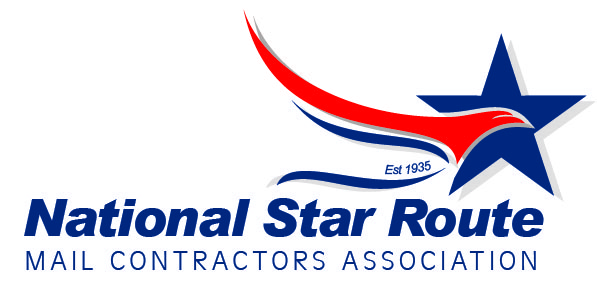This colorful term stems from the mid-1800s, when the nation’s frontiers were rapidly expanding and the United States Post Office was struggling to expand with it. When delivering to far-flung regions, the post office often had to entrust the mail to stagecoaches, sometimes with unreliable results and usually for exorbitant fees.
Congress decided to rectify this problem on March 3, 1845, when it passed a law mandating that mail contracts go to the lowest bidder who could give assurances of quick and reliable delivery. Congress framed this obligation in three words: “celerity, certainty and security.”
Postal clerks of the era used those same three words to denote contract delivery routes in their ledgers, but quickly tired of the repetition and replaced them with three stars, giving rise to the term “star route.”
Star routes were formally renamed Highway Contract Routes in 1970, but the original term is still used today.
